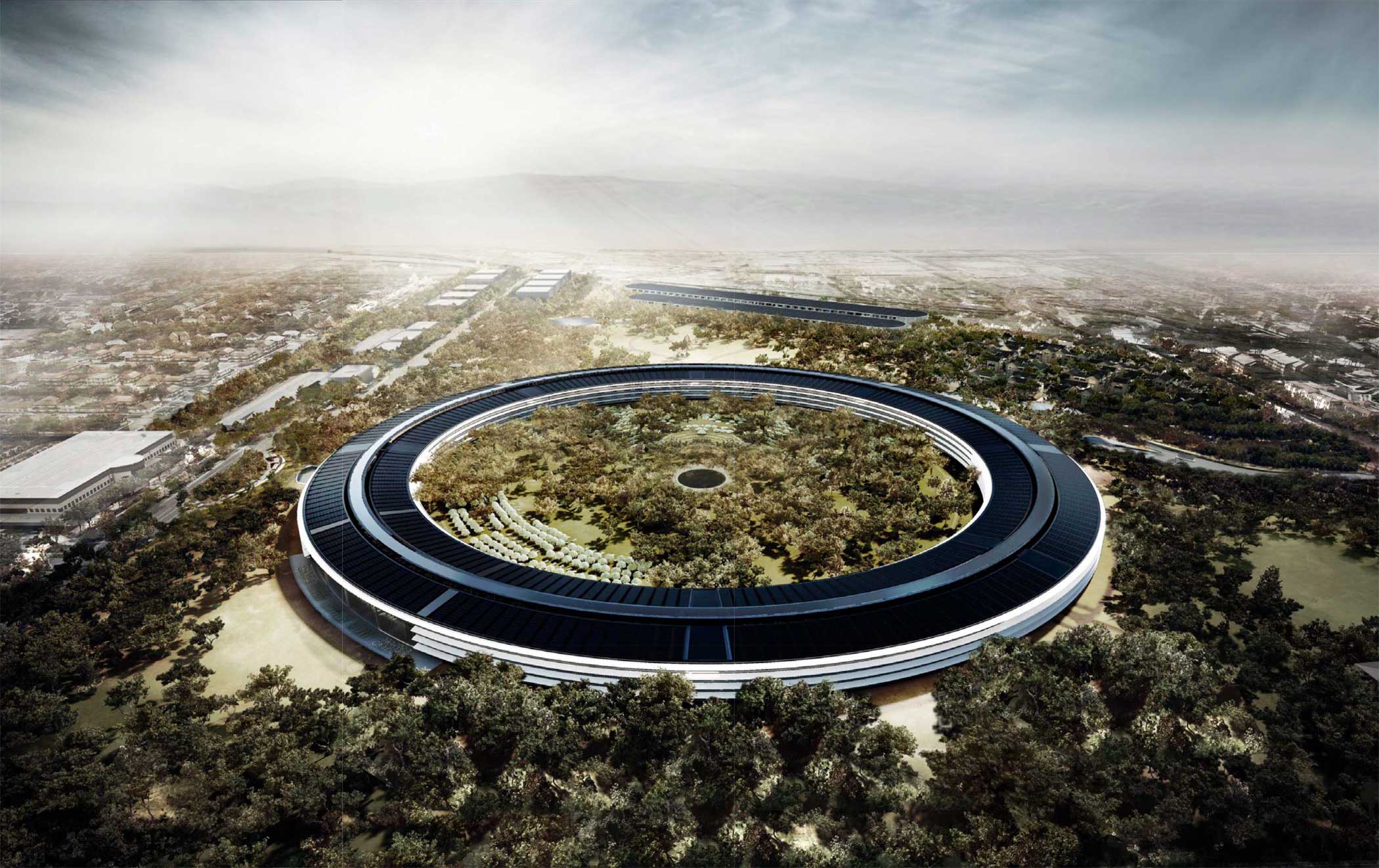
On March 30, Facebook CEO Mark Zuckerberg announced that the Menlo Park, Calif.—based company had finally moved into its newest quarters, a 433,555-sq.-ft. box with a parklike roof created by architect Frank Gehry. “The building itself is pretty simple and isn’t fancy,” Zuckerberg wrote on his Facebook page. That may be, but it is also carefully designed open space. The company is building on decades of data—and its own experience–showing how free-form connections among employees are important in generating new ideas. Earlier this year, Google submitted a plan to redevelop part of its Mountain View, Calif., campus into four futuristic hubs under sweeping glass canopies. Instead of immovable concrete buildings, the company wants to construct lightweight structures that can be easily reconfigured as it explores new businesses (think self-driving cars or medical technology). Similar megaprojects under way at Apple and Amazon point to a wider break with the past. Technology’s most powerful (and wealthy) companies are grappling with how to be environmentally responsible while recruiting and retaining workers and continuing to foster innovation. “They’re betting that if you’re in the right space, you’re going to work hard; you’re going to be happier,” says Margaret O’Mara, an associate professor at the University of Washington who has studied the rise of Silicon Valley. “This signals a different phase in their history.”
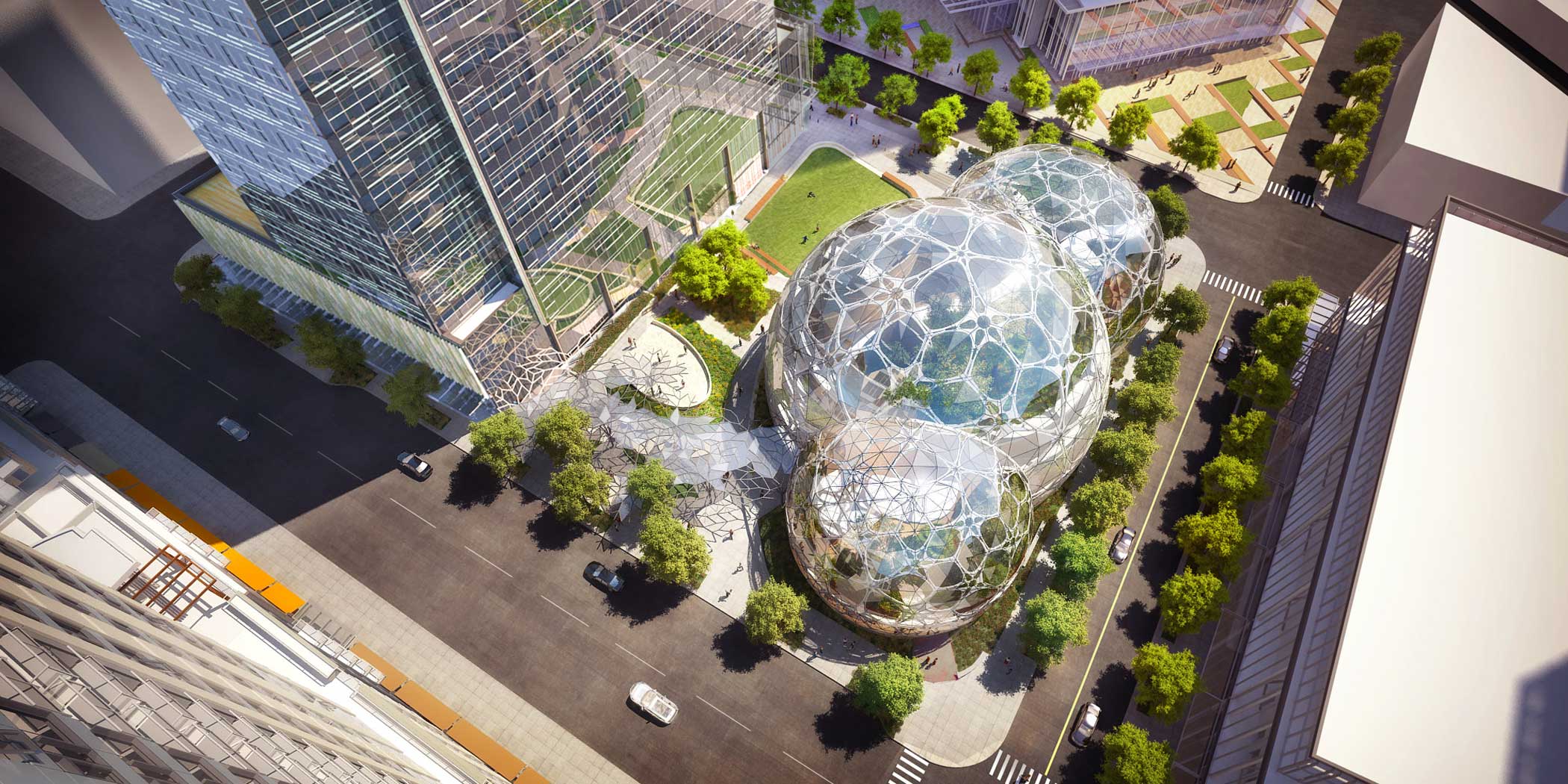
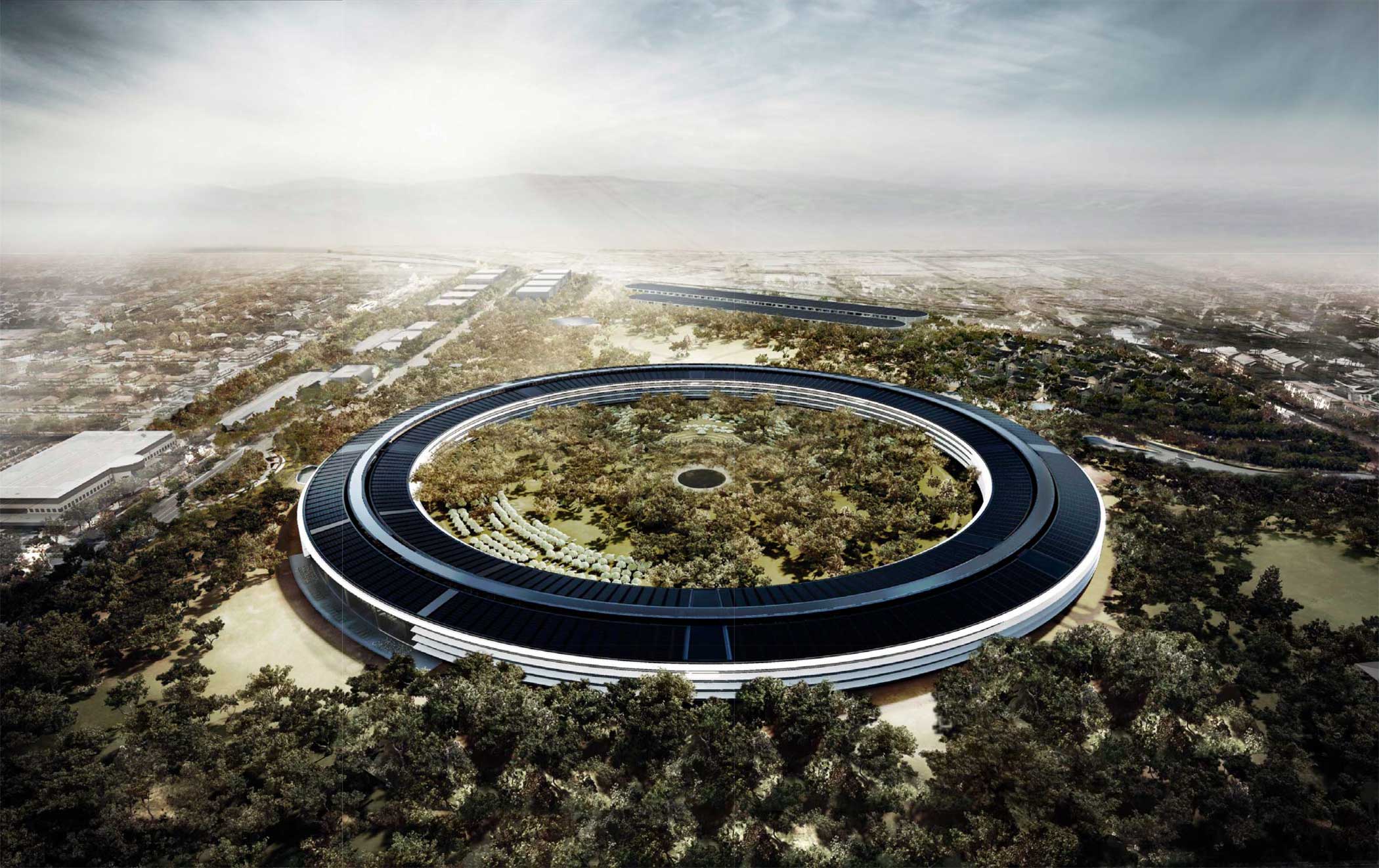
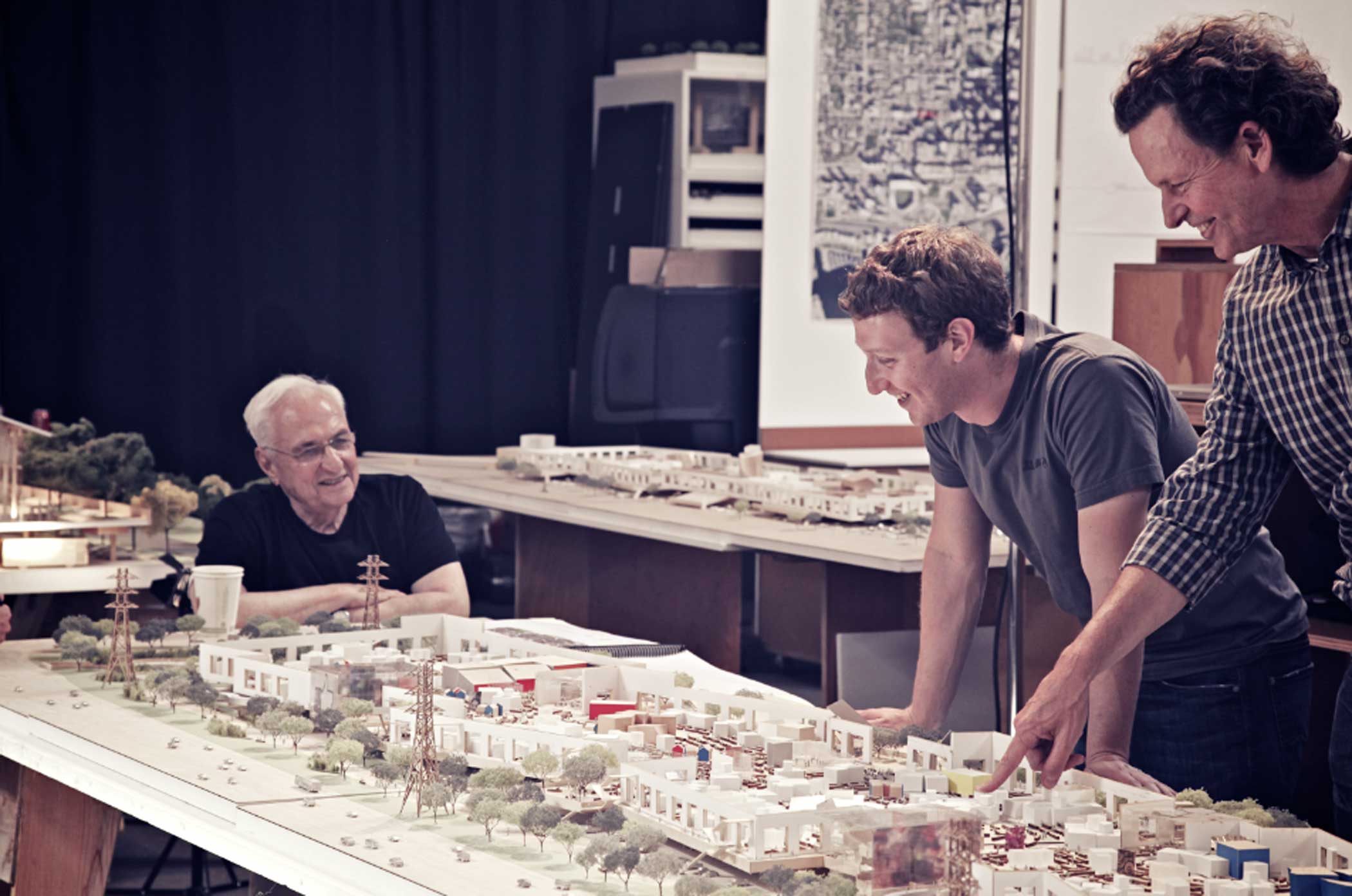
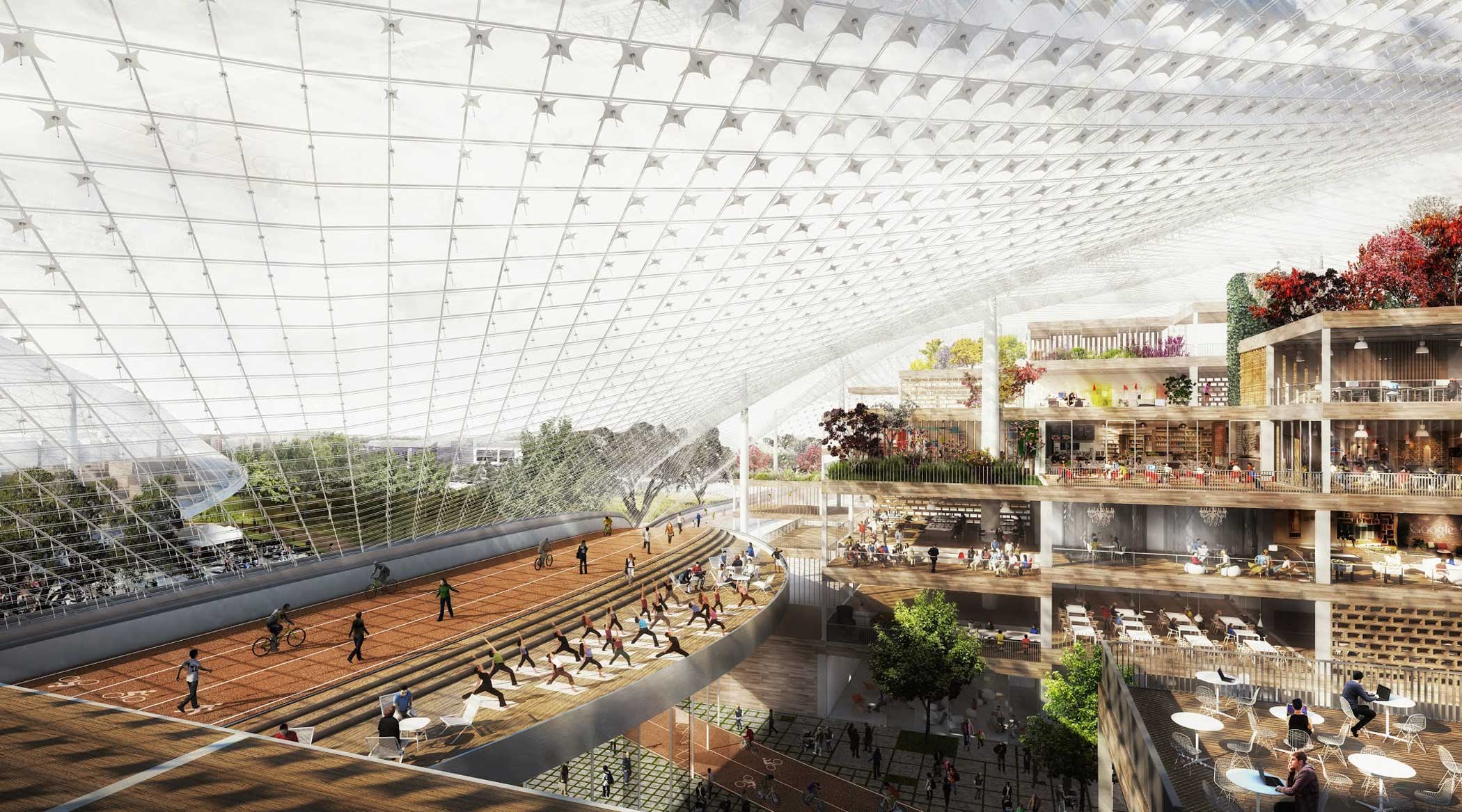
More Must-Reads from TIME
- Donald Trump Is TIME's 2024 Person of the Year
- Why We Chose Trump as Person of the Year
- Is Intermittent Fasting Good or Bad for You?
- The 100 Must-Read Books of 2024
- The 20 Best Christmas TV Episodes
- Column: If Optimism Feels Ridiculous Now, Try Hope
- The Future of Climate Action Is Trade Policy
- Merle Bombardieri Is Helping People Make the Baby Decision
Contact us at letters@time.com